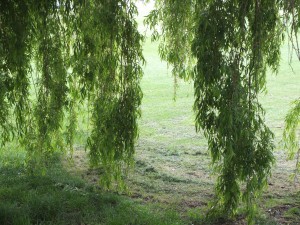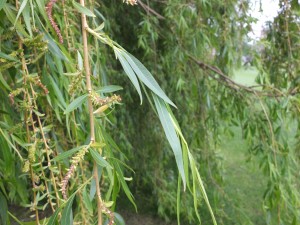 “A bit of grin and bear it, a bit of come and share it
“A bit of grin and bear it, a bit of come and share it
You’re welcome, we can spare it – yellow socks
Too short to be haughty, too nutty to be naughty
Going on 40 – no electric shocks
Reasons to be cheerful – part 3″
Ian Dury
The weekend just gone was the Mayday Bank Holiday in the UK. Normally, not having to go to work on a Monday – and consequently not needing to commute into London – would be cause for unalloyed joy. In this particular instance, however, it meant another day of staring gloomily out of the window at the rain. There was, apparently, a small tornado in Oxfordshire – but we didn’t even see that much excitement!
I did feel rather sorry – paying yesterday, as I did, a brief visit to our local market town – for the good burghers of that community. Considerable work had clearly gone into the setting up of the annual May Fayre, with stalls, stands and fun and games throughout the town. Nothing is quite so sad as the merry English fayre under inclement weather. Being English we don’t have the good sense simply to abandon the event altogether and neither is there a Plan B. Everybody turns out regardless, hip flasks full of Dunkerque spirit, and has a thoroughly miserable time tramping around the sorry-looking amusements, wishing that they were somewhere – anywhere – else.
Kickass Canada Girl informs me that the next public holiday in Canada is in another couple of weeks time, when Victoria Day is celebrated – in honour of Queen Victoria’s birthday. This is so splendidly bizarre a notion that it could almost have been designed purely to make the British feel more at home… which maybe it was. Wikipedia has this:
Following the death of Queen Victoria in 1901, May 24 was by imperial decree made Empire Day throughout the British Empire, while, in Canada, it became officially known as Victoria Day, a date to remember the late queen, who was deemed the “Mother of Confederation”. Over the ensuing decades, the official date in Canada of the reigning sovereign’s birthday changed through various royal proclamations until the haphazard format was abandoned in 1952. That year, the Governor-General-in-Council moved Empire Day and an amendment to the law moved Victoria Day both to the Monday before May 25, and the monarch’s official birthday in Canada was by regular vice-regal proclamations made to fall on this same date every year between 1953 and January 31, 1957, when the link was made permanent by royal proclamation. The following year, Empire Day was renamed Commonwealth Day and in 1977 it was moved to the second Monday in March, leaving the Monday before May 25 only as both Victoria Day and the Queen’s Birthday.
Got that?
This all reminds me somewhat of my previous school which celebrates, as its major open day each year, King George III’s birthday – the 4th of June. For a variety of (doubtless) very good reasons – mostly to do with public examinations – this day never actually falls on June 4th, but is usually several weeks earlier in late May. It is still – needless to say – called ‘The 4th of June’, which can be confusing to the general public since street signs are put up advising of traffic restrictions for… ‘The 4th of June’!
Now – all this rain, grey cloud and the current miserable climate are no doubt responsible for us all suffering from SAD. This apparently genuine condition was defined and named by Norman E. Rosenthal and his colleagues at the National Institute of Mental Health in the US in 1984. They must have been tickled to bits when they came up with that particular acronym. Nice one chaps!
I, however, have good reason right now not to be sad (see what I did there?). In a few weeks time the Girl is going to be paying an unexpected visit to the UK, for reasons that I will expand on later. Whoopie! She will be here just in time for our next public holiday at the start of June which, this year, coincides with the Queen’s Jubilee – for which we get an extra day off! Celebrations all round – but let’s hope that the weather has also perked up by that point.






Recent Comments